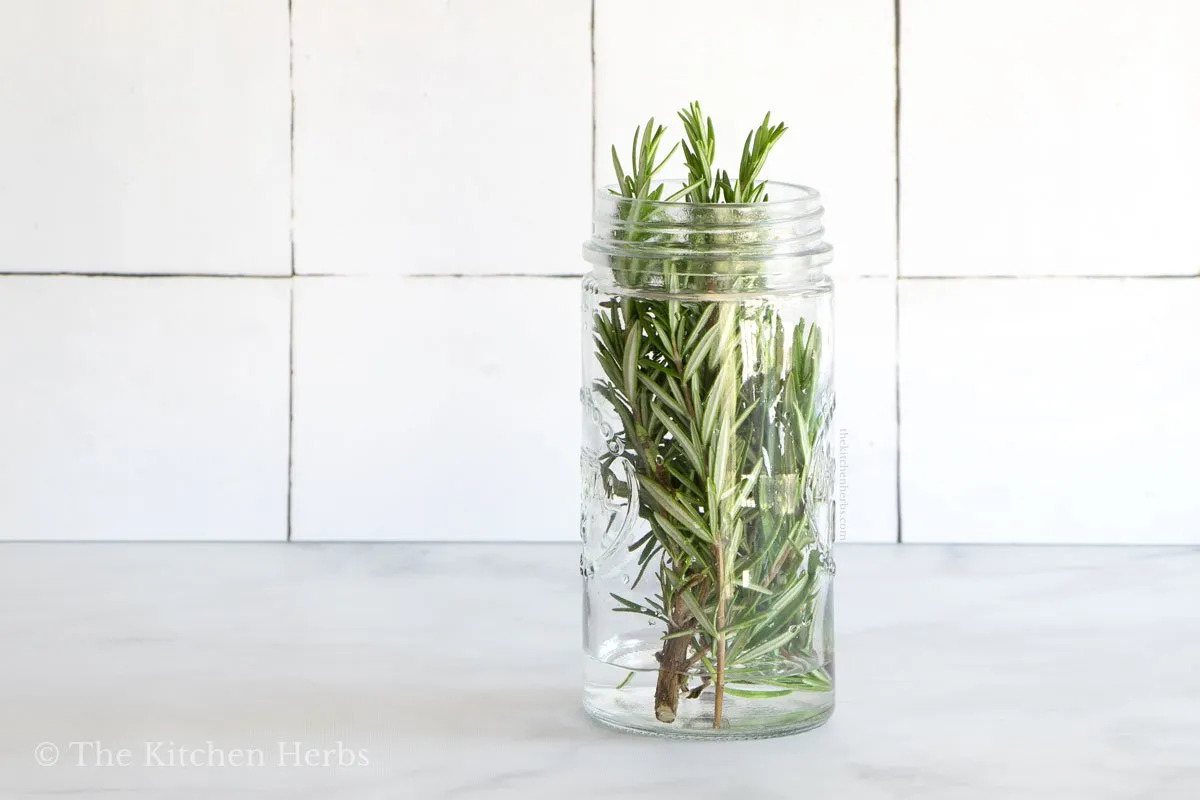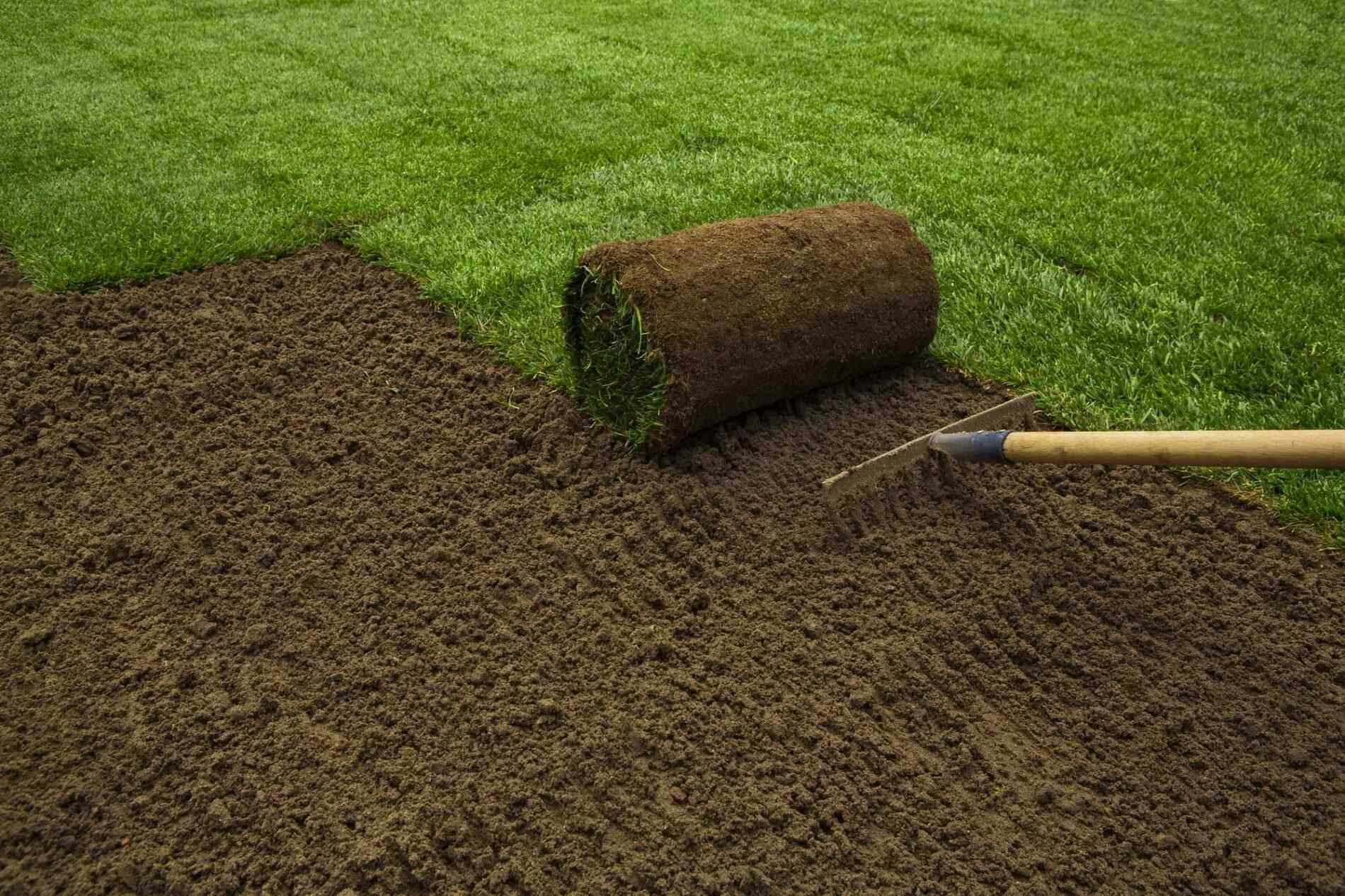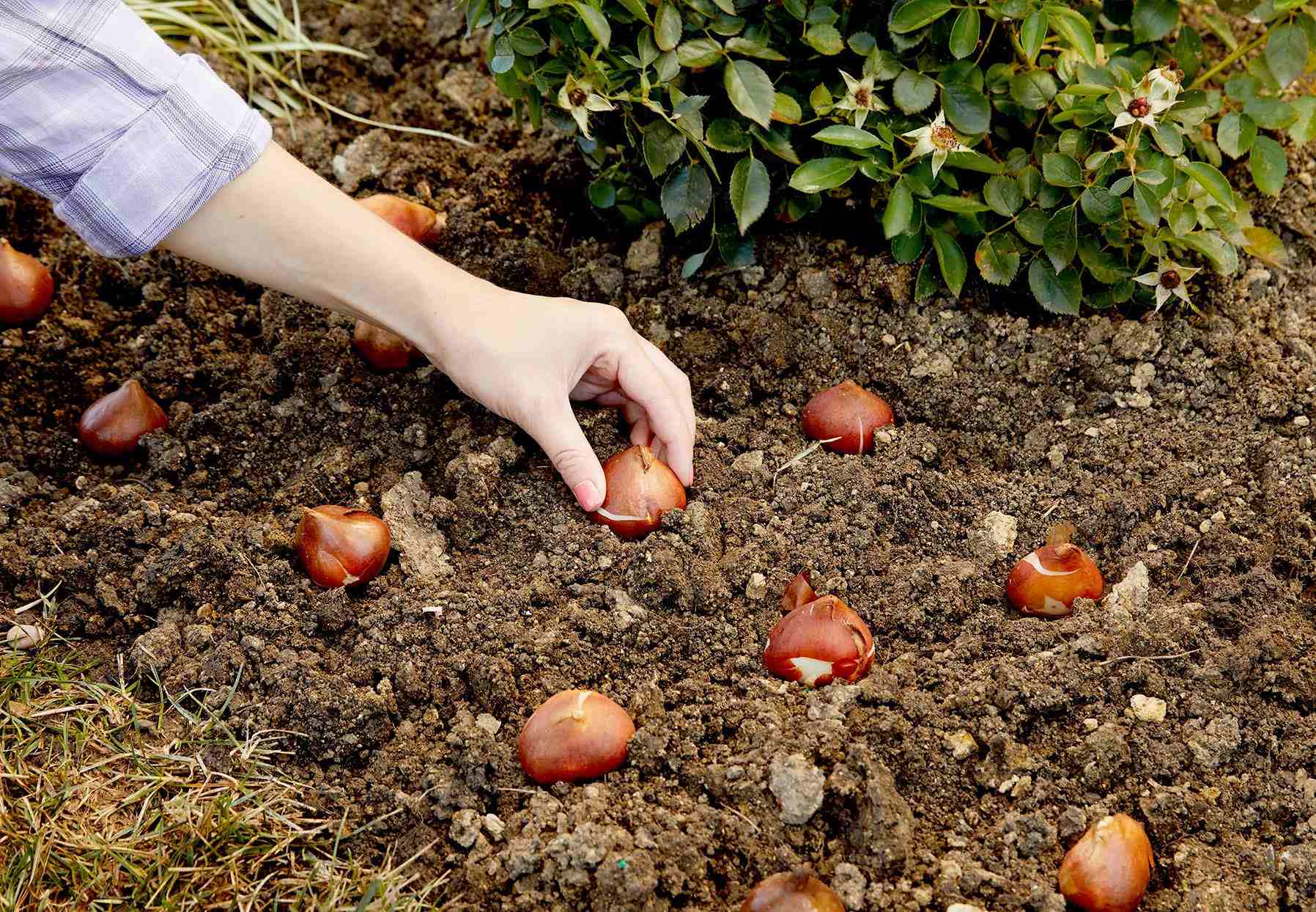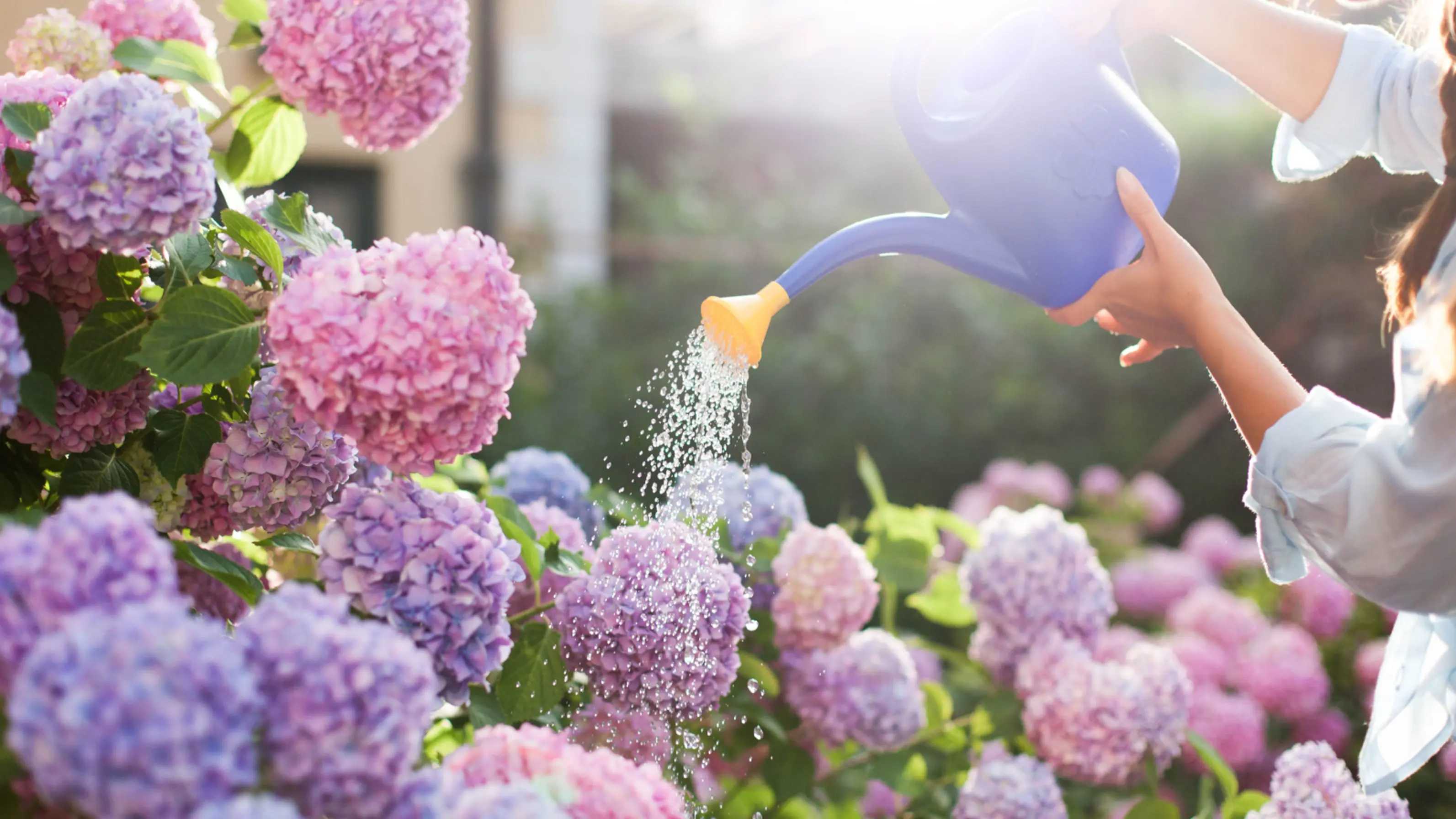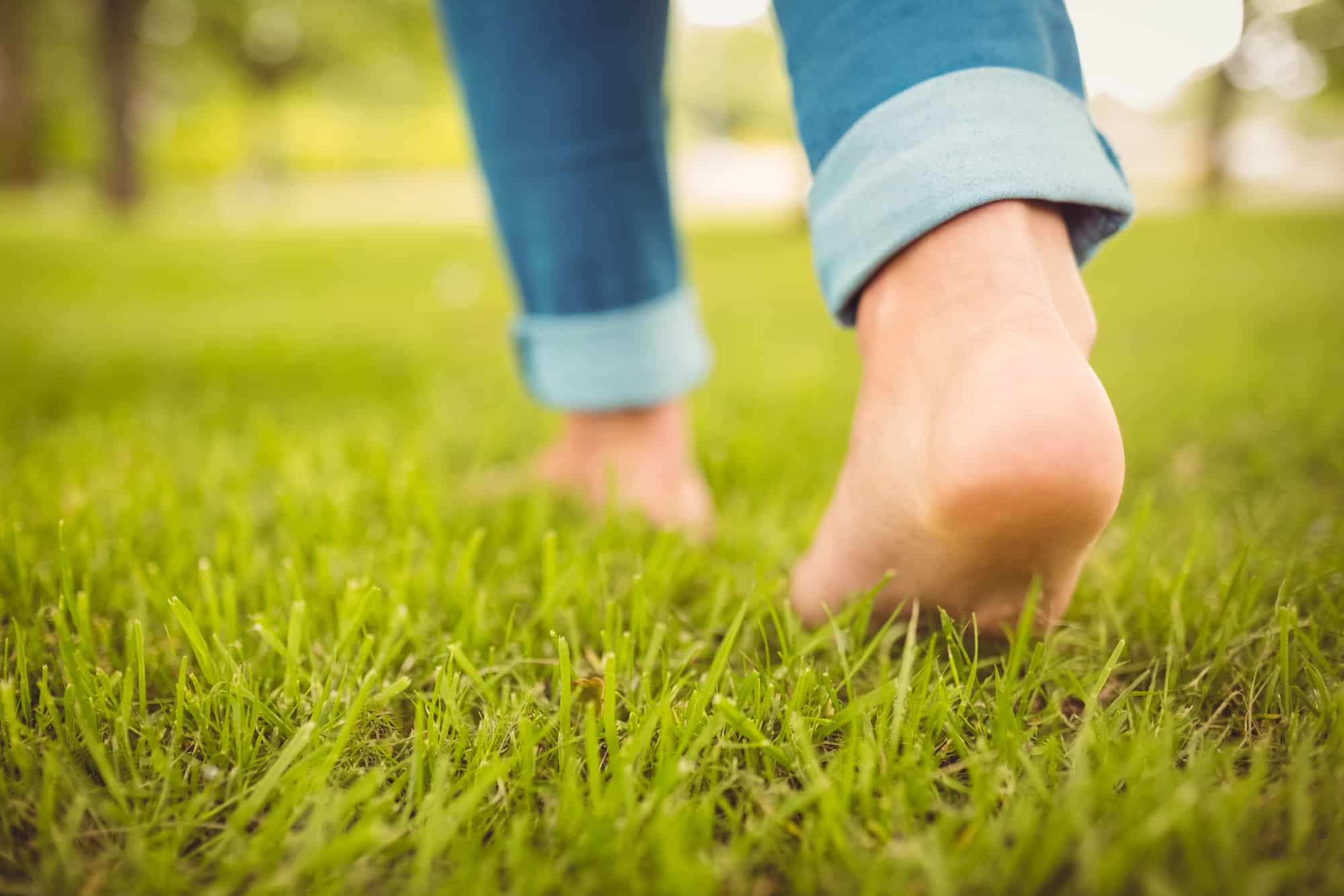Home>Gardening Basics>Getting Started>How Long After Spraying Weeds Can I Water


Getting Started
How Long After Spraying Weeds Can I Water
Published: December 12, 2023
Learn when it's safe to water your lawn after spraying weeds. Get started with effective weed control methods and minimize damage to your plants.
(Many of the links in this article redirect to a specific reviewed product. Your purchase of these products through affiliate links helps to generate commission for Chicagolandgardening.com, at no extra cost. Learn more)
Table of Contents
- Introduction
- Understanding the impact of water on weed spray effectiveness
- Factors to consider before watering after spraying weeds
- Recommended waiting time before watering after spraying weeds
- Effect of rainfall on the effectiveness of weed spray
- Best practices for watering after spraying weeds
- Conclusion
Introduction
When it comes to maintaining a beautiful and healthy garden or lawn, dealing with pesky weeds is always a top priority. Weeds not only detract from the overall aesthetics but also compete for essential nutrients, sunlight, and water with your desired plants. To combat weeds, many gardeners turn to weed sprays, which are effective in eliminating unwanted vegetation. However, a common question that arises is, how long after spraying weeds can you water your garden or lawn?
Water plays a crucial role in the effectiveness of weed sprays. While it is important to provide adequate water for the growth of your plants, watering too soon after applying weed spray can diminish its efficacy. Understanding the impact of water on weed spray effectiveness and knowing the recommended waiting time before watering can help ensure that your efforts to control weeds are successful.
In this article, we will delve into the factors to consider before watering after spraying weeds, the recommended waiting time, and the effect of rainfall on the effectiveness of weed spray. We will also provide you with some best practices to follow when it comes to watering after spraying weeds. By the end of this article, you will have a comprehensive understanding of how to optimize your weed control efforts.
Understanding the impact of water on weed spray effectiveness
Watering plays a significant role in the effectiveness of weed sprays. To comprehend the impact, it is essential to understand how weed sprays work. Weed sprays contain herbicides that target and disrupt the growth and reproductive processes of weeds. When applied to the foliage, the herbicide is absorbed by the weeds, affecting their cellular activity and ultimately leading to their demise.
However, water can dilute the concentration of the herbicide on the plant’s surface or wash it away before it has a chance to be absorbed. This can significantly reduce the effectiveness of the weed spray in controlling the weeds. Furthermore, if water is applied immediately after spraying, it can simply wash off the herbicide, rendering it ineffective.
It is crucial to give the weed spray enough time to be absorbed by the weeds before applying water. This allows the herbicide to penetrate the plant tissues and have the desired effect. Additionally, some herbicides take time to translocate throughout the plant, moving from the foliage to the roots, which requires sufficient time without water interference.
Moreover, excessive moisture, such as heavy rain or overwatering, can wash away the herbicide from the soil, preventing it from reaching the weed’s roots. This can result in incomplete control of the weeds, as their root systems may remain intact and continue to grow.
Understanding the impact of water on weed spray effectiveness is essential for optimizing your weed control efforts. By giving the herbicide enough time to work and avoiding excessive moisture, you can ensure that your weed spray is maximally effective in eliminating unwanted vegetation.
Factors to consider before watering after spraying weeds
Before reaching for that garden hose, there are several factors you should take into consideration before watering your garden or lawn after applying weed spray. These factors will help you determine the ideal waiting time to ensure maximum effectiveness of the weed spray:
- Type of weed spray: Different types of herbicides have varying rates of absorption and translocation within the plant. Some herbicides act rapidly and are quickly absorbed, while others may require more time to penetrate the weed’s tissues. It is important to read and follow the instructions provided by the manufacturer to understand the specific recommendations for the herbicide you are using.
- Weed type and size: The type and size of the weeds being treated can also impact the waiting time before watering. Certain weeds may absorb herbicides more quickly than others, so it is important to consider the specific characteristics of the weeds you are targeting. Additionally, larger plants with extensive root systems may require more time for the herbicide to translocate throughout the plant.
- Environmental conditions: Environmental factors such as temperature, humidity, and sunlight can affect how quickly the herbicide is absorbed and how long it remains active. Higher temperatures and sunlight can speed up the absorption process, while cooler temperatures may slow it down. It is crucial to consider the prevailing weather conditions when determining the waiting time before watering.
- Herbicide formulation: Different herbicide formulations, such as liquid sprays or granular applications, may have different recommendations for watering. Liquid sprays are typically absorbed more quickly and may require a shorter waiting period, while granular applications may require more time to break down and be absorbed by the weeds. Always consult the product label or manufacturer instructions for specific recommendations.
- Application method: The method used to apply the weed spray can also influence the waiting time before watering. For example, if the herbicide is applied using a mist or fine spray, it may dry more quickly and require a shorter waiting period compared to a heavy or drenching spray. Consider the application method and adjust the waiting time accordingly.
By carefully considering these factors and following the recommendations provided by the herbicide manufacturer, you can determine the optimal waiting time before watering after applying weed spray. This will ensure that your weed control efforts are maximally effective and help you maintain a healthy and weed-free garden or lawn.
Recommended waiting time before watering after spraying weeds
The waiting time before watering after spraying weeds can vary depending on several factors. It is essential to follow the specific instructions provided with the herbicide you are using, as they may have unique recommendations. However, as a general guideline, it is typically recommended to wait at least 24 to 48 hours before watering after applying weed spray.
This waiting period allows sufficient time for the herbicide to be absorbed by the weeds and translocated throughout their tissues. It also helps ensure that the herbicide remains undisturbed on the plant surface, allowing it to have the maximum effect on the weeds.
However, it is important to note that waiting times can differ based on the specific herbicide and weed type. Certain herbicides may have shorter waiting times, especially those that are formulated to be rainfast or have quick absorption rates. On the other hand, some herbicides may require a longer waiting period for the best results.
Additionally, if you are dealing with particularly tough or hard-to-kill weeds, it may be beneficial to extend the waiting time. This gives the herbicide more opportunity to fully penetrate the tough weed’s defenses and ensure effective control.
Remember to also consider the weather conditions when determining the waiting time before watering. If heavy rainfall is expected within the waiting period, it may be necessary to delay watering further to avoid washing away the herbicide.
Ultimately, it is critical to read and follow the instructions provided with the specific herbicide you are using. These instructions will provide you with the most accurate and reliable information on the recommended waiting time before watering after applying weed spray, considering the unique properties of the herbicide.
By adhering to the recommended waiting time and following the instructions provided by the manufacturer, you can optimize the effectiveness of your weed control efforts and achieve a beautiful and weed-free garden or lawn.
Effect of rainfall on the effectiveness of weed spray
Rainfall can have a significant impact on the effectiveness of weed spray. While water is essential for the growth of plants, it can also dilute the concentration of the herbicide or wash it away before it has a chance to be absorbed by the weeds. Therefore, it is important to consider the effect of rainfall when planning your weed control strategy.
If rain is expected shortly after applying weed spray, it is recommended to wait until the foliage has dried before watering or allowing the rain to wash over the treated area. This waiting period allows the herbicide to be absorbed by the weeds and reduces the chances of it being washed off.
In some cases, if rainfall is heavy or prolonged, it may be necessary to reapply the weed spray to ensure effective control. This is because excessive moisture can either wash away the herbicide from the plant’s surface or prevent it from reaching the weed’s roots, leading to incomplete eradication of the weeds.
On the other hand, if rain does not occur within the recommended waiting time, it is still important to water the treated area to activate the herbicide and enhance its effectiveness. This water can help the herbicide penetrate the weed’s tissues and provide better control.
It is crucial to strike a balance between allowing the herbicide sufficient time to work and not letting the treated area become overly dry. If the area becomes excessively dry or drought-like conditions persist, the weeds may become stressed and less receptive to the herbicide treatment. In such cases, supplemental watering may be necessary to support the proper absorption of the herbicide and maintain the overall health of the plants.
As with any weed control strategy, it is vital to consider the forecasted weather conditions and adjust your plans accordingly. If heavy rainfall is expected, it may be prudent to delay the application of weed spray or adjust the timing to ensure that it is not immediately followed by intense precipitation.
By understanding the effect of rainfall on the effectiveness of weed spray and adjusting your approach accordingly, you can optimize your weed control efforts and achieve more successful results in your garden or lawn.
Best practices for watering after spraying weeds
Proper watering after spraying weeds is crucial to maximize the effectiveness of the herbicide and ensure successful weed control. Here are some best practices to follow when it comes to watering after applying weed spray:
- Wait for the recommended waiting time: Always adhere to the recommended waiting time provided with the herbicide you are using. This waiting period allows the herbicide to be absorbed by the weeds and ensures that it has sufficient time to work before watering.
- Water at the right time of day: Watering in the early morning or evening is generally recommended, as it allows the plants to absorb the water before the heat of the day evaporates it. Avoid watering during the hottest part of the day, as this may cause the water to evaporate too quickly.
- Use the right amount of water: Ensure that you are providing enough water to thoroughly wet the soil, ensuring that it reaches the weed’s roots. However, avoid overwatering, as excessive moisture can wash away the herbicide or promote the growth of weeds.
- Avoid excessive runoff: To prevent the herbicide from being washed away, water the area slowly and evenly to allow the soil to absorb the water effectively. If you notice excessive runoff, adjust the watering rate or duration to prevent wastage.
- Monitor soil moisture: Keep an eye on the moisture levels in the soil after watering. Aim for a moderate level of moisture, neither too dry nor too saturated. Adjust the frequency and duration of watering as needed to maintain optimal soil moisture for the health of your plants.
- Consider using mulch: Applying a layer of mulch around your plants can help conserve soil moisture, reduce weed growth, and protect the herbicide from being washed away by rain or watering. Mulch also helps regulate soil temperature and prevent evaporation, providing a favorable environment for your plants.
By following these best practices, you can ensure that your watering practices support the effectiveness of the weed spray and promote the overall health of your garden or lawn. Remember to always read and follow the instructions provided with the herbicide and consult with a gardening professional if you have any specific concerns or questions.
Conclusion
Effective weed control requires a comprehensive understanding of the impact of water on weed spray effectiveness and the best practices for watering after spraying. By considering factors such as the type of weed spray, weed type and size, environmental conditions, herbicide formulation, and application method, you can determine the appropriate waiting time before watering.
Following the recommended waiting time of 24 to 48 hours allows the herbicide to be effectively absorbed by the weeds and translocated throughout their tissues. It is important to note that these waiting times may vary depending on the herbicide and weed type, so it is crucial to refer to the specific instructions provided with the product.
Additionally, it is essential to consider the effect of rainfall on the effectiveness of weed spray. Waiting for the foliage to dry before watering after rainfall or adjusting your weed control plans in anticipation of heavy rain can help maintain the herbicide’s efficacy.
Adhering to best practices for watering after spraying weeds, such as watering at the right time of day, using the right amount of water, avoiding excessive runoff, monitoring soil moisture, and considering the use of mulch, can further enhance the effectiveness of your weed control efforts.
By incorporating these practices into your routine, you can ensure that your weed spray is maximally effective in eliminating unwanted vegetation, resulting in a beautiful and healthy garden or lawn.
Remember to always read and follow the instructions provided with the herbicide you are using, as they will provide you with the most accurate and reliable information for your specific weed control needs.
